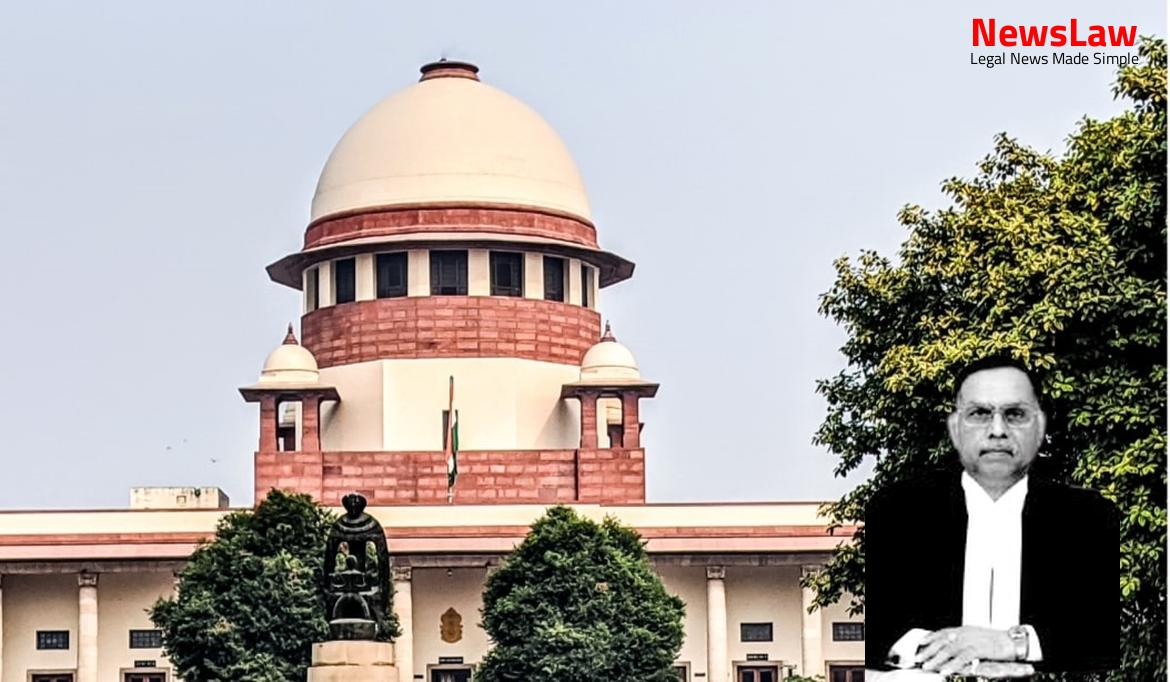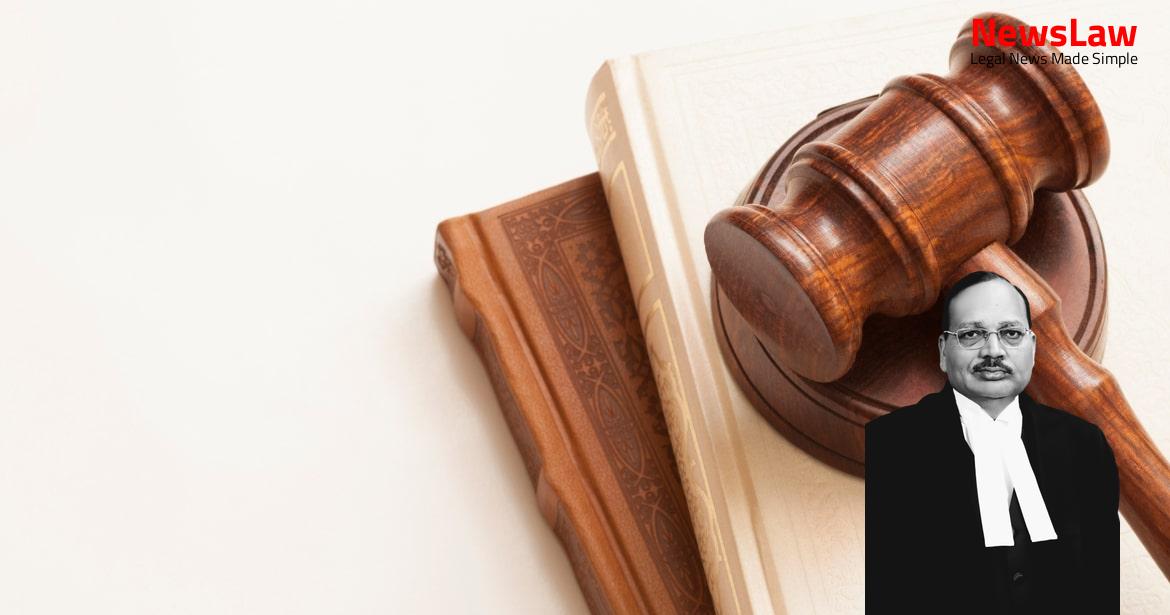The case between Sri Venkateswara Syndicate and the National Consumer Disputes Redressal Commission has been a focal point in the legal realm. The Supreme Court of India delivered a crucial judgment, highlighting discrepancies in the insured’s claim and the necessity of appointing multiple surveyors. This blog delves into the implications of the court’s decision and the significance for insurance law. Stay tuned for insights on this landmark case.
Facts
- The claim of the first respondent was related to three standard fire and special perils insurance policies covering specified risks for plant and machinery, building, godowns, and stock in the year 2004-2005.
- Multiple surveys and investigations were conducted to determine the cause of the collapse of the paddy boiling structure.
- Initial findings indicated that the collapse was due to overloading rather than a collision with a lorry.
- The State Consumer Disputes Redressal Commission (SCDRC) initially dismissed the complaint, but the National Consumer Disputes Redressal Commission (NCDRC) overturned this decision.
- The NCDRC criticized the delayed submission of reports by the surveyors and investigators, which breached regulations requiring timely completion of surveys.
- The NCDRC highlighted discrepancies in the insured’s claim, lack of evidence of a collision with a lorry, and the overloading of the milling unit as reasons for awarding the claim to the insured.
Arguments
- The appellant’s counsel argued that there was a fundamental misconception on the part of the NCDRC in reaching its conclusion.
- It was emphasized that the insurer did not appoint multiple surveyors for obtaining a favorable opinion, but rather the reports submitted were consistent.
- Referring to a previous judgment, it was highlighted that while there is no prohibition on appointing more than one surveyor, it should not be done routinely for obtaining a desired opinion.
- The counsel cited a specific case to support the insurer’s actions in obtaining preliminary reports, structural opinions, and investigator reports which all led to a consistent conclusion in the final survey report.
- The respondent’s counsel argued that the survey reports obtained by the insurer were delayed.
- The delay in obtaining the survey reports was emphasized as a crucial point supporting the NCDRC’s judgment.
- Ms. K Radha, representing the respondent, highlighted the considerable lapse of time in acquiring the survey reports.
Also Read: CRPF Act: Validity of Rule 27 for Compulsory Retirement – Case of Head Constable vs. CRPF
Analysis
- The case being analyzed involves the insurer appointing successive surveyors to assess the damages and losses before settling the claim of the insured.
- In the Sri Venkateswara Syndicate case, the insurer repudiated the claim based on reasons contradicting the insured’s theory of a collision with a lorry.
- The delay in report submissions weakened their evidentiary value, and the need for appointing a second surveyor must be justified with cogent reasons.
- Section 64-UM(2) of the Insurance Act 1938 mandates the use of licensed surveyors for claims exceeding Rs 20,000.
- The insurer cannot appoint multiple surveyors to obtain tailor-made reports as each case must be considered independently.
- Prior to appointing a subsequent surveyor, the insurer must seek approval from the Regulatory Authority.
- The NCDRC was considered unreasonable in overturning the SCDRC’s decision based on solid reasoning by the latter.
- The report of a surveyor should hold significance, and disagreements should be well-founded.
- In this case, all survey reports provided a consistent assessment, supporting the insured’s claim as affirmed by the NCDRC.
- Insurer can appoint another surveyor for valid reasons related to deficiencies in the survey report
- There is no absolute prohibition on the insurer appointing more than one surveyor
- The necessity of appointing a second or successive surveyor must be justified based on relevant facts and circumstances
- Consider deficiencies or omissions in the report of the first surveyor when appointing a second surveyor
- The opinion of the SCDRC was found to be correct based on the material in the record.
- The SCDRC provided cogent reasons for rejecting the claim of deficiency of service by the insurer.
Also Read: DAMEPL vs. DMRC: Curative Petition and Arbitral Award Restoration
Decision
- The NCDRC’s view is not consistent with the legal position stated in the judgment of this Court in Sri Venkateswara Syndicate
- The NCDRC’s view is contrary to the material evidence on the record
- The appeal is allowed and the NCDRC’s judgment is set aside
- The consumer complaint filed by the respondent is dismissed
- No costs are ordered
Case Title: THE NEW INDIA ASSURANCE CO. LTD. Vs. SRI BUCHIYYAMMA RICE MILL (2020 INSC 71)
Case Number: C.A. No.-000504-000504 / 2020



